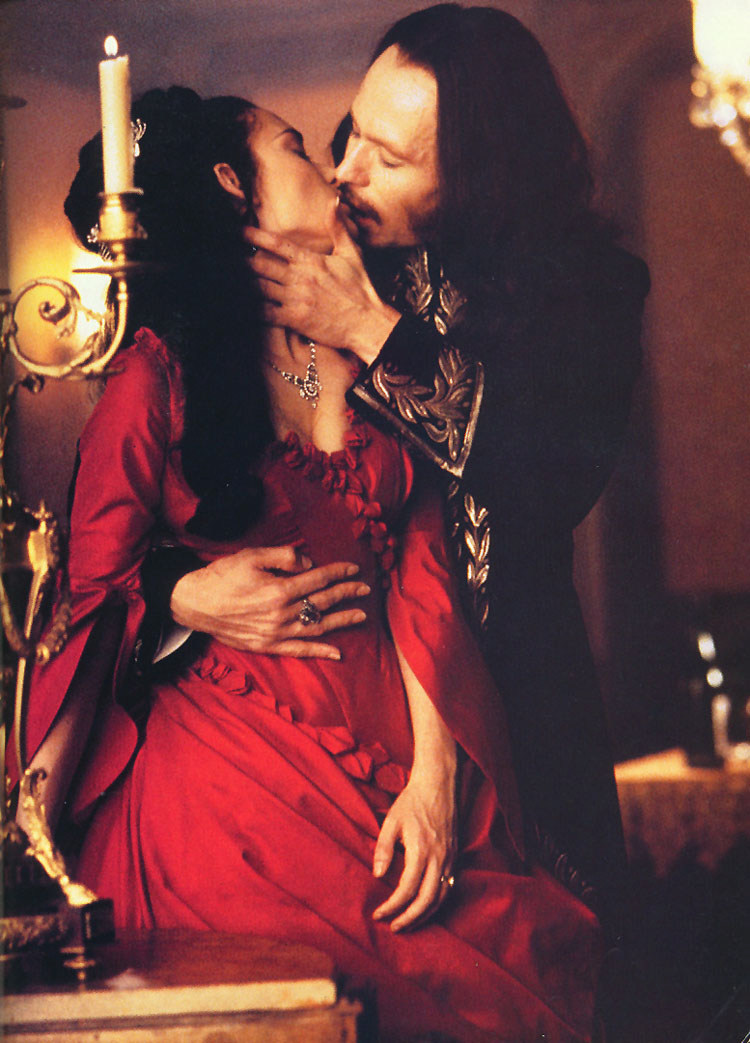Continued from yesterday...
If you Google “horror romance” you will get results that include lists of horror movies with romantic overturns. There are such lists here:
If you Google “horror romance” you will get results that include lists of horror movies with romantic overturns. There are such lists here:
- http://www.chillertv.com/friday13/13-most-romantic-horror-films
- http://www.shocktillyoudrop.com/news/375901-15-essential-horror-movies-for-the-hopeless-romantic/#/slide/1
- http://www.bfi.org.uk/news-opinion/news-bfi/lists/10-great-romantic-horror-films
- http://www.blastr.com/2015-10-6/31-days-halloween-13-romantic-horror-movies-spine-tingling-halloween-season-date-night
Certainly, there are titles
that repeat in a few of the lists and I find that many of these fall under
Gothic horror and romance, simultaneously. The themes of subhuman or otherness are
repeated (again and again). The paranormal romance is a very popular novella
formula in the age of the e-book—from ghosts to vampires and a multitude of
demonic creatures...
"Bram Stoker's Dracula" (1992)
These elements have been in
literature for centuries, but the “horror” I was referring to is, as I defined
earlier, the “gory kind full of glitter and blood and awkward pandering.”
I’ve seen more than one
work depict violence against its female character[s] in the name of some sort
of misunderstood romance. I’ve read books that casually describe rape as nothing
more than an exciting date. At some point in the last few decades, a stolen
kiss has transitioned to sexual assault.
Any attempt to debase and
humiliate a potential partner, to force or manipulate them into an emotional or
physical relationship, demeans the humanity of all involved. That, to me, is
horror (pure, unadulterated horror).
I am not blaming the genre
for creating the trend. Rather, I think the popularity of these things in literature
is but a mirror image of what is happening in “reality.” Art is doing what it
does best: imitating life.
At the same time,
perception is reality; and these
days, that is dominated by the Internet.
From Facebook to Twitter,
Instagram, Tumblr, Pinterest and other online fora where memes are born and
disseminated, the evidence suggests that few of us know how to relate, less
understand the idea of true commitment, and broken hearts are tragedies that
equate natural disasters (not rainy days but monsoons).
We seem to have engendered
a generation of predators and weaklings that can’t handle rejection. Of course,
that can’t be right. And it isn’t. It’s just what it looks like online. The
Internet is the new frontier where the obsessive-compulsive and other members
of the fringe go to roost. The Internet is the new “underground.”
The thing that most people
don’t consider is that a lot of the memes come from what is predominantly a YA audience (from the aspirational prepubescent little superstars to the arrested-developed mid-twenty-something
black holes of emotional turmoil).
The true horror is that our
culture is being driven and rewritten by and for children, and not just our media-ready
version of romance… Sit back and consider that statement.
Soon, the children shall
lead and you will all become slaves to their whims and misappropriations of
common sense. What if "and a little child shall lead them" was a warning?







